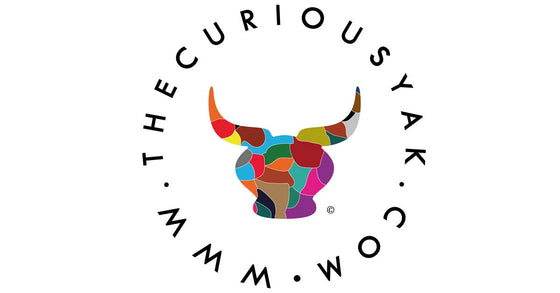
Slow Fashion?
With so many things changing this year, shops closing and the push for businesses to advertise online people have more time to slow down and shop. The little label that goes unnoticed in many items hanging in wardrobes around the world saying "Made in China" has received some backlash. Disposable funds, venues closing, and lack of events have all resulted in the slowing down of our shopping habits.
So what is slow fashion? Is this the slowing down of shopping habits caused by Covid?
No. Slow fashion is a bit like investing in heirlooms. Rather than buying 12 t-shirts from cheap highstreet retailers for a few pounds that won't last more then a few weeks wear, the focus is investing that money in better quality, well-made clothes that will last.
The BBC published yet another article recently on highstreet companies paying workers in India £20 a month for working 48 to 60 hours a week working for Marks & Spencer, Tesco, Sainsbury's and Ralph Lauren. Every year reports like this emerge but very little accomplished to help the people who need it. This is where slow fashion comes in, shining real truths on what it takes to produce that £5 dress that won't last, in every size and colour. More attention and thought are given to the budget used to advertise those cheap products on television and in magazines, than the people who worked tirelessly to make it. Boohoo came under fire this year with slave labour allegations, yet it continuously expands. Boohoo is worth a whopping $4.6 billion and is the UK's largest growing online fashion store. Its target audience is teens and produces fast fashion at knockdown prices to meet the needs of its audience, which of course comes at a cost to the people who stitch the garments together, reportedly paid £3.50 an hour. Boohoo is just one of the many popular online stores that continuously flaunt anti-slave employment rules by working in locations where labour is cheap, employment and money are needed, and regulations are more relaxed.
Why is slow fashion Important?
Slowing down fashion is as essential as tackling melting icecaps and deforestation. It has an enormous impact on the planet we all share. Fast fashion quickly ends up in landfill: 80% of discarded textile made around the world are destined for landfill. Out of 30kg, approximately 30 dresses, only 4.5kg get recycled. Equivalent to just 16 dresses.
How can you help?
Shop small, shop local. Often smaller retailers have ongoing first-hand experience of where their items are produced. Tesco will never be able to tell you who made your item but your local independent clothing store might.
Invest
If each year you find yourself grabbing for a black scarf or grey jumper invest in a piece that will last the test of time. The average American buys 60-65 new items of clothing a year. So much wasted money on impulse buys. Shopping smart will not only have you wrapped in more sustainable, environmentally conscious clothing, but will also save you money in the long term.
Shop Smart
Don't be afraid to ask questions. Is this item ethical? Did the person earn a fair wage? These are all very valid and important question one should never be afraid to ask when shopping.
Slow fashion is here to stay. It is not a fad, and as time goes on the spotlight will shine on big hitters making huge profits while treating staff like lab rats running on a wheel so they can continue lining their pockets. Fast fashion is not ok. There are many lessons learnt over the past few years. Covid has had so many detrimental effects on society, but the slowing down and allowing the time to think and make conscious decisions we hope remains.
